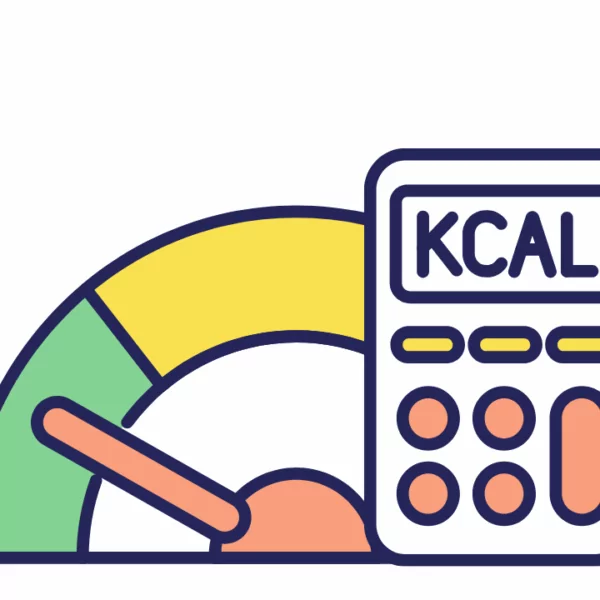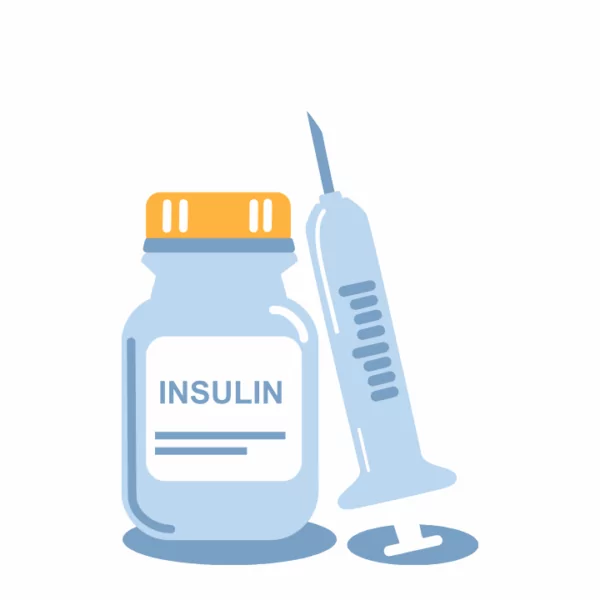Strawberry Juice for Weight Loss: Is It a Game Changer?

Summary
In the realm of functional foods and beverages, fruit juices continue to receive considerable attention for their health-promoting potential. Among them, strawberry juice stands out not only for its pleasant taste and vivid color but also for its impressive nutritional profile. Particularly in the context of weight management, strawberry juice presents itself as a low-calorie, antioxidant-rich option that may complement a balanced diet. This article examines the scientific basis behind the potential of strawberry juice as a supportive agent in weight loss efforts.
1. Nutritional Composition of Strawberries

Strawberries (Fragaria × ananassa) are nutrient-dense fruits with high amounts of vitamin C, polyphenols (especially anthocyanins and ellagic acid), dietary fiber, and minimal calories. According to the USDA, one cup (about 150 grams) of strawberries contains approximately 50 calories, making them an ideal candidate for low-energy diets.
The phytochemical richness of strawberries is especially relevant to weight control. Anthocyanins, the pigments responsible for their red hue, have been shown to influence metabolic processes. A study found that anthocyanin-rich extracts helped reduce fat accumulation and improved lipid metabolism in high-fat diet-fed mice.
2. Low-Calorie Content and Satiety

One of the most straightforward ways strawberry juice may support weight loss is by offering a flavorful alternative to sugary beverages. Commercial sodas and juices often contain over 100 calories per serving, mostly from added sugars. In contrast, homemade strawberry juice, especially when made without added sweeteners, can have significantly fewer calories while still satisfying sweet cravings.
Moreover, strawberries contain natural sugars and dietary fiber, particularly soluble fiber like pectin, which may contribute to increased satiety. Although the juicing process reduces fiber content, cold-pressed or pulp-retaining versions of strawberry juice can preserve some of these satiety-inducing effects.
3. Effects on Lipid Metabolism and Fat Oxidation

Strawberry polyphenols may help improve lipid profiles and reduce body fat. In a randomized controlled trial, participants who consumed beverages enriched with freeze-dried strawberries for six weeks showed a significant reduction in total cholesterol and LDL cholesterol levels. Although this study utilized whole strawberry powder rather than juice, it underscores the potential metabolic benefits derived from strawberry constituents.
Additional in vivo studies suggest that ellagic acid, a phenolic compound found in strawberries, may inhibit adipogenesis (the formation of fat cells) and enhance lipolysis (fat breakdown). While these effects have been observed primarily in preclinical settings, they support the hypothesis that strawberry-derived compounds may influence fat metabolism.
4. Antioxidant Activity and Inflammation Control

Chronic inflammation and oxidative stress are closely linked to obesity and metabolic disorders. Strawberries have demonstrated strong antioxidant activity due to their high polyphenol and vitamin C content. These antioxidants may help neutralize free radicals and reduce inflammation, which are both implicated in obesity-related complications.
In a clinical study, short-term supplementation with strawberries improved plasma antioxidant capacity and reduced biomarkers of oxidative stress. Although not directly tied to weight loss, this anti-inflammatory effect may support metabolic health in overweight individuals.
5. Insulin Sensitivity and Blood Sugar Regulation

Managing blood glucose levels is a critical component of any weight management strategy. Research indicates that strawberries may improve insulin sensitivity. In a study, consuming strawberries with a meal significantly reduced the postprandial (after-eating) insulin response in healthy subjects.
Improved insulin sensitivity can reduce fat storage and promote better energy utilization, making strawberry juice a potentially favorable beverage choice for individuals looking to regulate blood sugar and body weight.
Conclusion: A Supportive Tool, Not a Magic Bullet
While strawberry juice alone is unlikely to drive significant weight loss, the evidence suggests that it can be a valuable addition to a weight-conscious diet. Its low calorie content, antioxidant richness, and potential effects on lipid metabolism and insulin sensitivity make it more than just a tasty refreshment.
To maximize benefits, it is advisable to consume freshly prepared strawberry juice without added sugars and to incorporate it into an overall healthy eating pattern that includes fiber, lean protein, and regular physical activity.


 Juice Concentrate
Juice Concentrate Vegetable juice
Vegetable juice Juice Milk
Juice Milk Stand Up Pouches
Stand Up Pouches









